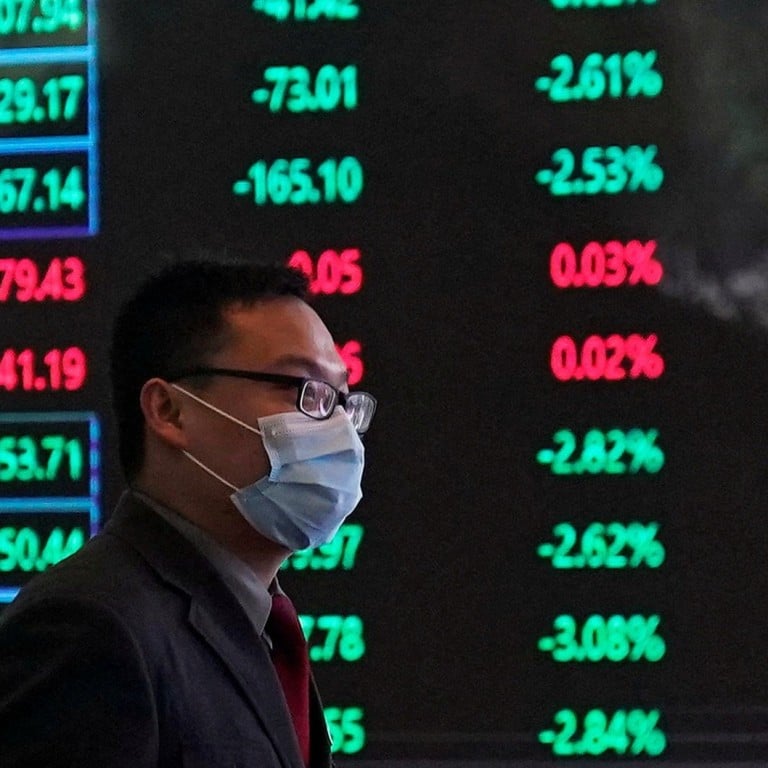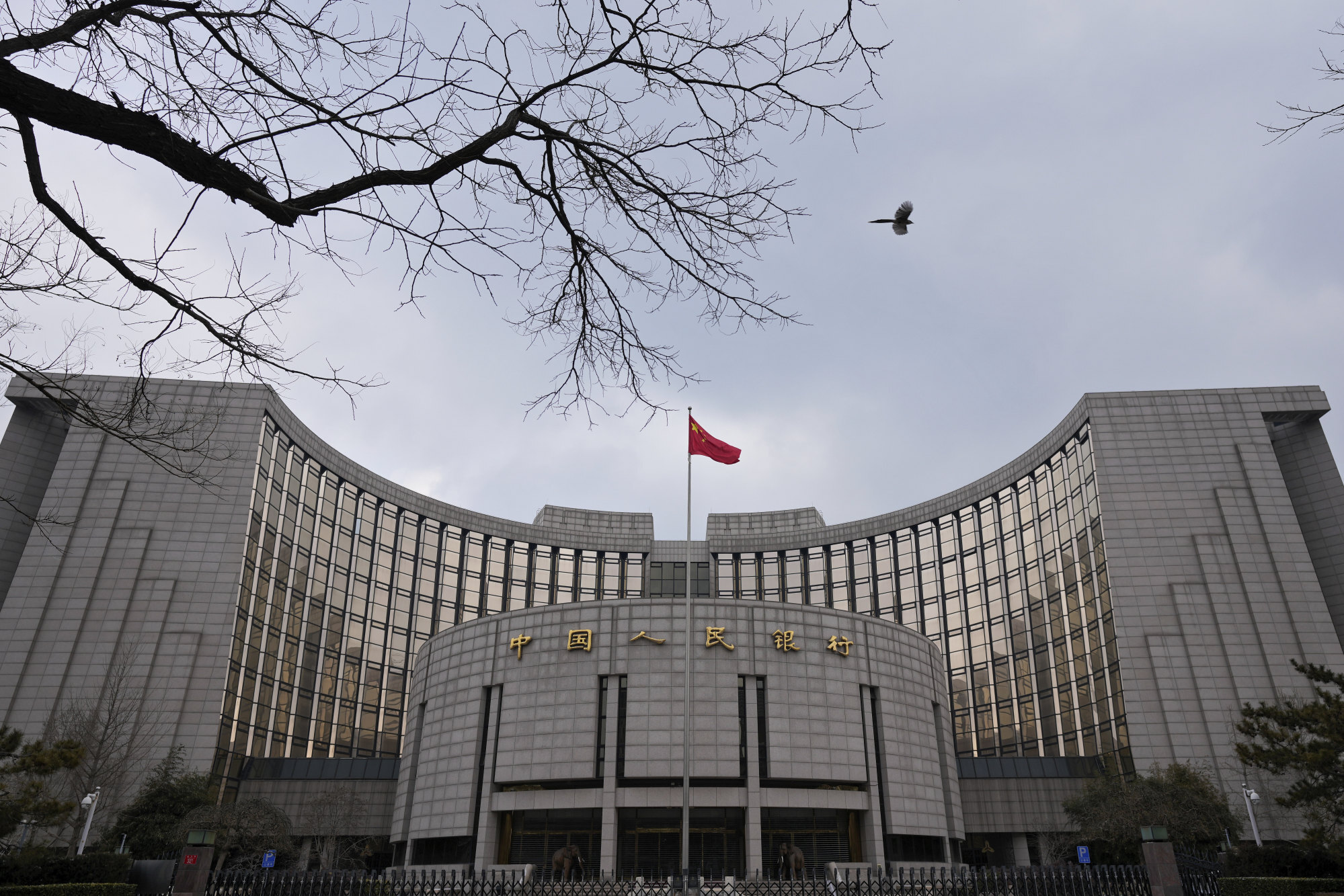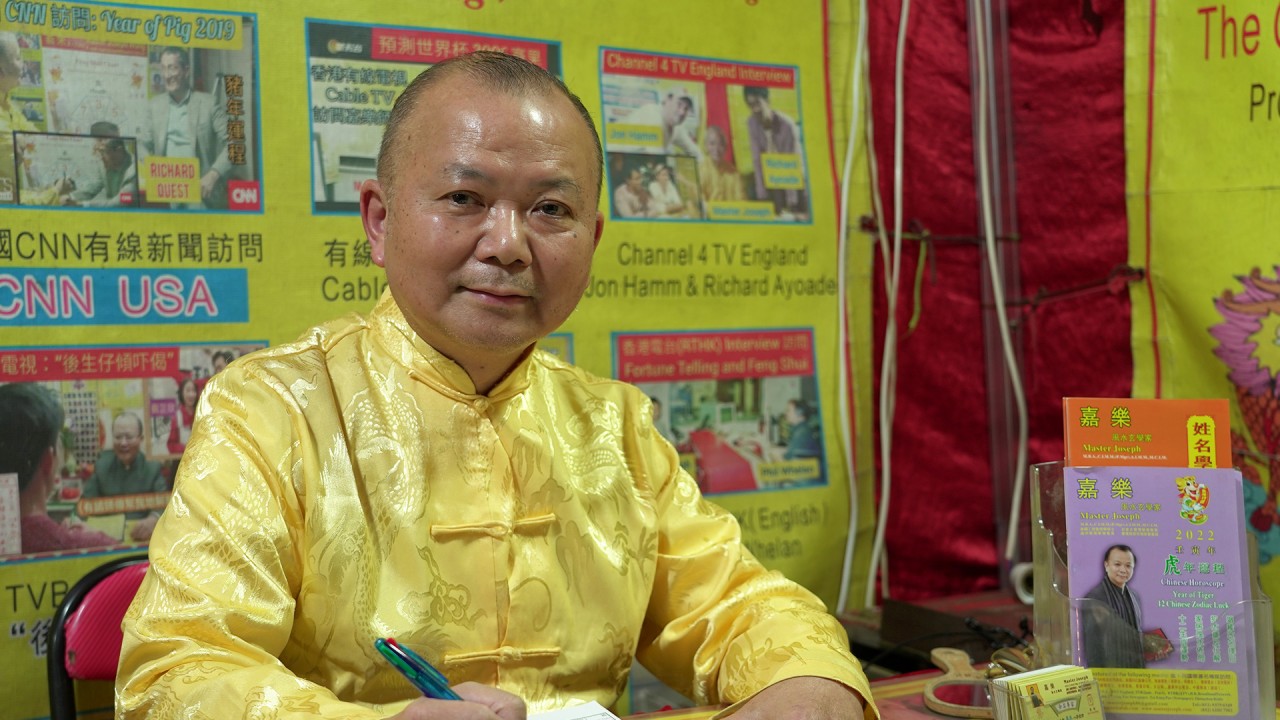
China’s stock market is lacking one major ingredient to rebound from bear territory, US fund manager says
- The CSI 300 Index slipped into bear territory for the first time since the US-China trade war broke out in 2018
- Wang’s US$3.3 billion equity portfolio has about 13 per cent of its assets invested in Chinese companies, the third-largest country allocation

A former manager at China’s central bank, Wang now co-manages a US$3.2 billion equity portfolio, which had more than 13 per cent of its assets invested in China at the end of 2021, making it the third-largest country-allocation after Japan and France, according to fund data published by the managers on its website.
Thornburg is an independent asset manager based in Santa Fe, New Mexico. It “eats its own cooking” such that all its money managers invest in the funds they manage.
Besides, China’s strict zero-Covid approach to controlling the pandemic and its tough actions against excessive debt in the property industry are seen as inhibiting the consumption and property sectors, two major sources of economic growth in recent years.

“That would be the time that more leadership is put into place at the provincial level, which will then implement pro-growth policies at the local level,” said Wang, who spent three months in China last year to feel the pulse of the economy on the ground.
Strategists at global investment banks, brokerages and funds have turned more positive on China. Goldman Sachs and UBS raised the market to overweight as early as October, while Jefferies and Credit Suisse upgraded it last month.
In the short term, Wang is betting on Chinese internet giants having their re-rating opportunity, given that regulatory concerns have been more than priced in and counting on better-communicated actions. Last quarter, he added China to “modest overweight” by picking up a few select beaten-down names, according to his fourth quarter report published on the company’s website.
The money manager also likes green energy or carbon-neutral plays. They have “a long runway with favourable policies supporting a clear long-term goal” laid out by President Xi Jinping.
While a mismatch between tighter global policies and an accommodating one in China offers opportunities for stock picking, Wang is prepared to wait for firmer signals from the central bank.
“If I want to increase Chinese exposure for my portfolio, I want to see not just monetary easing, but some interesting credit expansion coming from the banking system,” he said.


